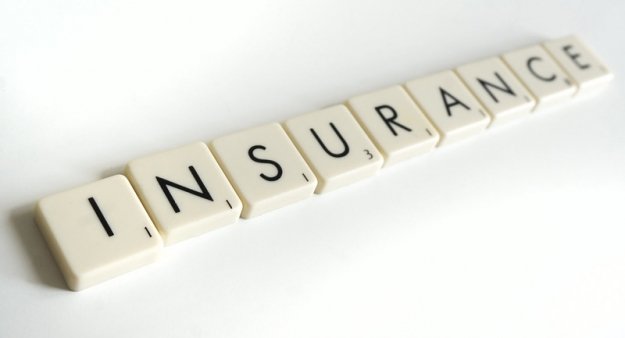
No matter what type of business you run or plan to fund, signing up for insurance is essential to secure your small business. While corporations may need to spend a pretty penny on insurance, small businesses have the advantage of needing little funds to register for a couple of insurance policies to cover potential risks.
As a business owner, you need to make sure that you have the needed protection against even the smallest risks that your business may face, seeing as any minuscule slip can wipe out a small business entirely. Here’s what you need to know about the right kind of insurance for your company.
Liability Insurance
Any LLC business, no matter how small, needs a liability insurance plan to protect the business owner from bankruptcy. This plan provides general coverages through General Liability as well as Professional Liability policies. The former covers the cost of any potential lawsuit filed by your own employees in case someone endures an injury under the roof of your company. Different lawsuits include bodily injury, as well as property damage.
A Professional Liability policy, on the other hand, will fully cover any lawsuits filed by your professional connections, such as your suppliers or customers, who may claim that your business has made an error in a transaction, or in providing the service you advertise.
Small Business Insurance

Luckily for business owners, there are insurance plans specifically tailored for small businesses. These plans cover the costs of any property damage that your office or factory may face, which is essential in keeping a business running, as repair can be quite costly depending on the unfortunate event. This policy can also help provide you with an income if your business endures a temporary loss, and is compelled to put a pause in operations. A small business policy can be customized according to your needs. A Commercial Auto Insurance policy will cover the costs of treating employees involved in a car accident while they’re delivering goods. On the other hand, in case of a flood, Commercial Flood Insurance plans will help you cover the costs of repairing property damage from floodwater, which can be quite common in warehouses. Small business insurance plans can also include a Commercial Umbrella Policy, which covers any other claim or lawsuit filed against your business, in the event that the cost of the claim exceeds the coverage of your liability.
Packaged Policy Coverage
If you need a customized package that includes several policies from different plans, you can save up for the cost of buying multiple insurance plans by instead registering for a customized Packaged Policy Coverage. This can help you immensely in saving up on insurance costs, seeing as you’ll have three insurance policies for the cost of one package.
This is the most common form of insurance plan that small business owners opt for, which can be a little pricey depending on your provider. However, it’s worth the cost because it provides you full protection against any potential risks that your company may face in the future.
Property Insurance
Lawsuits and claims aside, your office, equipment, and tools may also need protection against damage, theft, or misuse. A small business can suffer immense loss if expensive equipment is damaged. A Property Insurance plan can cover potential costs needed in case of a fire, vandalism, theft, or any kind of accidental damage.
You can customize this insurance plan, however you want, depending on what type of risks your business warehouse or office may face. Many business owners also opt for business loss policies as part of this plan, in case your company is unable to operate after an unfortunate event.
Data Breach
If your company handles sensitive information, having a Data Breach insurance plan is essential in keeping your business protected. This data can range from sensitive information about employees and clients, to any kind of confidential paperwork that you may have in storage. You and your employees are responsible for keeping this information private, and any breach of this data can cost you an expensive lawsuit. A Data Breach policy can provide you with the needed protection against this loss.
Always consider the kind of tools, equipment, and how many staff members you need to keep your company running. All of these aspects factor in what type of insurance you need for your small business. If you’re unsure what risks your company may face, always consult an insurance specialist, or an attorney before signing up for a policy, as they can be quite costly to change.
The post Types Of Insurance To Consider For Your Small Business appeared first on Mike Gingerich.
Read more: mikegingerich.com









